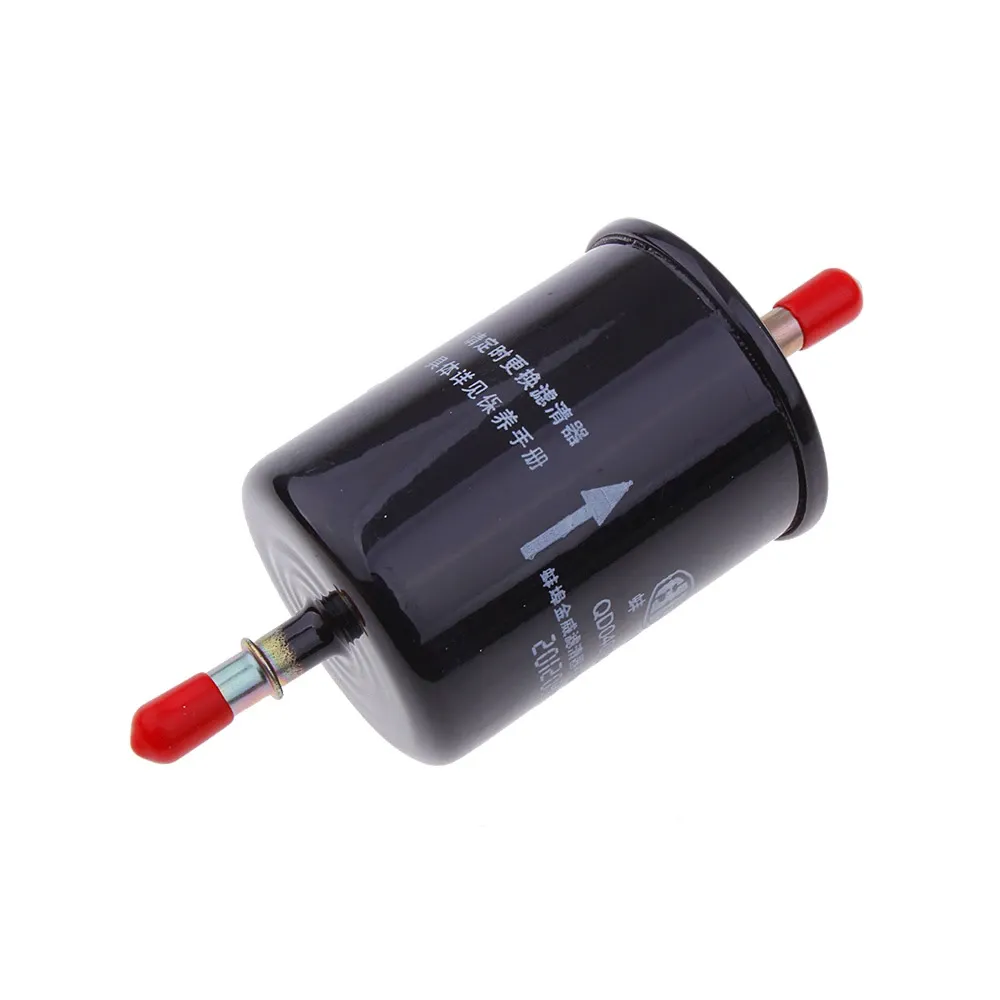
Choosing the right filter systems for your vehicle is no longer just about maintenance—it's a strategic investment in performance, longevity, and environmental responsibility. As the automotive industry shifts toward higher standards of fuel efficiency and emission control, top-tier filter solutions have become essential. From air filters that keep your engine breathing clean to cabin purifiers that enhance passenger health, today’s filter innovations are transforming the way we drive.

Superior Standards Set by Leading Car Air Filter Manufacturer Brands Worldwide
Among the many components influencing engine health, products from a car air filter manufacturer stand at the forefront. High-efficiency filters crafted with precision materials ensure cleaner airflow, reduce engine wear, and optimize combustion. These manufacturers focus on rigorous testing, fine filtration media, and compatibility across a range of vehicle models. In high-dust or urban areas, quality air filters can extend engine life and reduce the frequency of oil changes significantly.
Quality Assurance Built into the Core of Trusted Car Filter Manufacturers
Industry-leading car filter manufacturers combine innovation with strict quality control processes. Utilizing advanced technology like nanofiber membranes and multi-layer filtration systems, these companies ensure contaminants such as pollen, dust, and even fine PM2.5 particles are efficiently captured. More than just suppliers, these manufacturers partner with car makers and aftermarket brands to provide customized solutions that support regulatory compliance and vehicle-specific performance goals.
Strategic Innovation Elevates Every Reliable Car Filter Company’s Role
Behind every high-performance engine lies a trusted car filter company that understands both the science and business of filtration. These companies invest in R&D to develop materials that can handle extreme temperatures and pressure differentials, ensuring reliability in diverse driving conditions. Their offerings go beyond just the air filter—oil filters, fuel filters, and cabin filters all play critical roles in vehicle efficiency. A dependable filter company will also offer sustainability-focused products, including biodegradable elements and recyclable packaging.
Understanding the True Cost of Air Filter Maintenance in Vehicle Ownership
Over time, the cost of air filter replacements can add up—but neglecting to change filters may lead to more serious and expensive engine problems. Clean filters improve fuel economy by allowing engines to operate at peak performance. Drivers may see up to a 10% increase in gas mileage simply by changing a clogged air filter. When viewed over the lifetime of a vehicle, this results in not only financial savings but also reduced carbon emissions.
Passenger Comfort and Protection Reflected in Car Air Purifier Price Points
As demand grows for enhanced cabin comfort, the car air purifier price has become a competitive field. Unlike basic cabin filters, purifiers actively clean the air by using ionization, HEPA filtration, or activated carbon. They’re especially valuable for allergy sufferers and those who commute in polluted urban environments. Premium models may command higher prices, but they offer real health benefits through sustained performance and the ability to remove bacteria, smoke, and volatile organic compounds (VOCs).
Why Is Filter Quality So Crucial in Today’s Automotive Landscape?
With rising fuel prices and emission regulations, a well-maintained filtration system is one of the most affordable ways to preserve both engine health and environmental integrity. Filters affect everything from horsepower to climate control system efficiency.
How Do Car Filter Manufacturers Innovate Beyond Traditional Designs?
By using smarter filter media, compact construction, and even AI-based maintenance alerts in newer vehicles, manufacturers help owners optimize replacement intervals, improve airflow dynamics, and meet ever-stricter regulatory targets.
What Role Does a Car Filter Company Play in Sustainability?
Top companies are actively transitioning to eco-friendly materials and designing filters that last longer. These changes contribute to reducing automotive waste and encouraging responsible product lifecycles.
Can the Cost of Air Filter Replacement Impact Long-Term Vehicle Value?
Absolutely. Regular filter changes preserve engine performance, lower fuel consumption, and reduce wear. Vehicles with documented, timely filter maintenance often retain higher resale value and require fewer major repairs.
Car Filter Solutions FAQs
Q: What should I look for in a car air filter manufacturer?
A: Look for ISO-certified production, strong OEM partnerships, and a wide range of model compatibility. Manufacturers that prioritize R&D and offer warranties are typically more trustworthy.
Q: How do the best car filter manufacturers differ from generic suppliers?
A: Top manufacturers use high-quality filter media, ensure tight seals to avoid leakage, and test products under real-world conditions. They also offer technical support and comply with vehicle-specific standards.
Q: What makes a car filter company reputable?
A: Transparency, innovation, consistent product quality, and certifications like IATF 16949 are indicators of a reputable company in the filtration sector.
Q: How often should I factor the cost of air filter changes into my maintenance budget?
A: Air filters should be checked every 12,000–15,000 miles or more frequently in dusty environments. Cabin air filters may require annual replacement depending on climate and usage.
Q: Why is the car air purifier price worth the investment for many drivers?
A: It enhances in-car health, especially for allergy sufferers or urban drivers. Advanced models neutralize pollutants that ordinary filters miss, improving both comfort and safety.
-
Upgrade Engine Performance with Timely Air Filter MaintenanceŞtiriJul.02,2025
-
Optimize Vehicle Health with Timely Air Filter ReplacementŞtiriJul.02,2025
-
Every Drive with Next-Level Car Filtration SystemsŞtiriJul.02,2025
-
Driving Comfort with Advanced Air Filtration SystemsŞtiriJul.02,2025
-
Cleaner with Next-Generation Automotive Air FiltrationŞtiriJul.02,2025
-
The Importance of Cabin Filter and Engine Filter: The Role and Maintenance of Cabin Filter and Engine FilterŞtiriJun.25,2025
-
Gasoline Filter: Key link to ensure the safety of automotive enginesŞtiriJun.25,2025
Înrudit Produse




